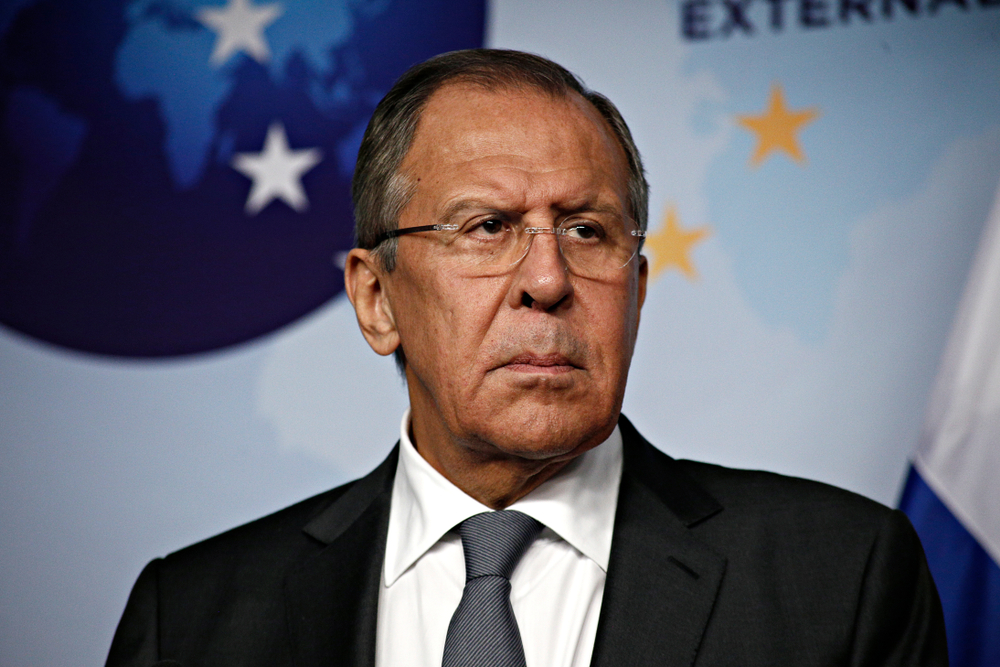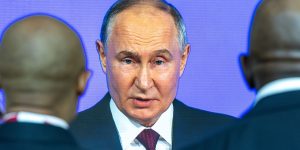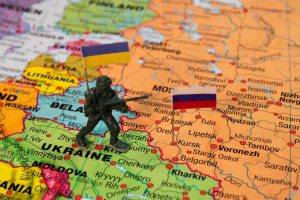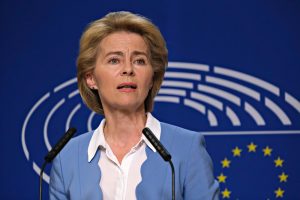Russian Foreign Minister Sergey Lavrov declared Friday that Russia will never accept a return to its 1991 borders
Others are reading now
Russian Foreign Minister Sergey Lavrov declared Friday that Russia will never accept a return to its 1991 borders, rejecting outright Ukraine’s demands for full territorial restoration. His remarks underline Moscow’s hardening stance as global powers push for a negotiated peace in the ongoing war.
“Never, and for nothing in the world,” Lavrov said during a press conference in Kazakhstan, adding, “This is understood by the current [Donald] Trump administration, which has repeatedly stated that [Ukrainian President Volodymyr] Zelensky will have to accept the territorial issue,” as reported by Digi24.
No Return to Pre-War Boundaries
Lavrov’s comments come amid renewed international pressure on Russia to end its occupation of Ukrainian territory. He emphasized that returning to Ukraine’s internationally recognized borders—which include Crimea and the eastern regions annexed by Russia—is “impossible,” citing alleged hostility from Kyiv toward residents in the occupied areas.
“Zelensky considers the people living in those territories to be ‘specimens,'” Lavrov claimed, referencing controversial past comments by the Ukrainian leader and invoking Russia’s widely criticized justification for invasion under the guise of protecting Russian-speaking populations.
Also read
Moscow Defiant, Kyiv Holds Its Line
The Russian foreign minister reiterated Moscow’s call for the international community to accept what he called the “realities on the ground”—namely, Russian control over nearly 20% of Ukraine’s territory. Meanwhile, Ukraine maintains that all occupied land must be returned and rejects the notion of any territorial compromise.
Lavrov made his statements during a meeting of foreign ministers from the Commonwealth of Independent States (CIS), a group of former Soviet republics, held in Almaty, Kazakhstan.
Ukrainian officials, meanwhile, report that Russian forces have launched new offensives in the Sumy and Kharkiv regions, aiming to establish a so-called buffer zone near the Russian border—an escalation that further dims prospects for peace in the near term.








